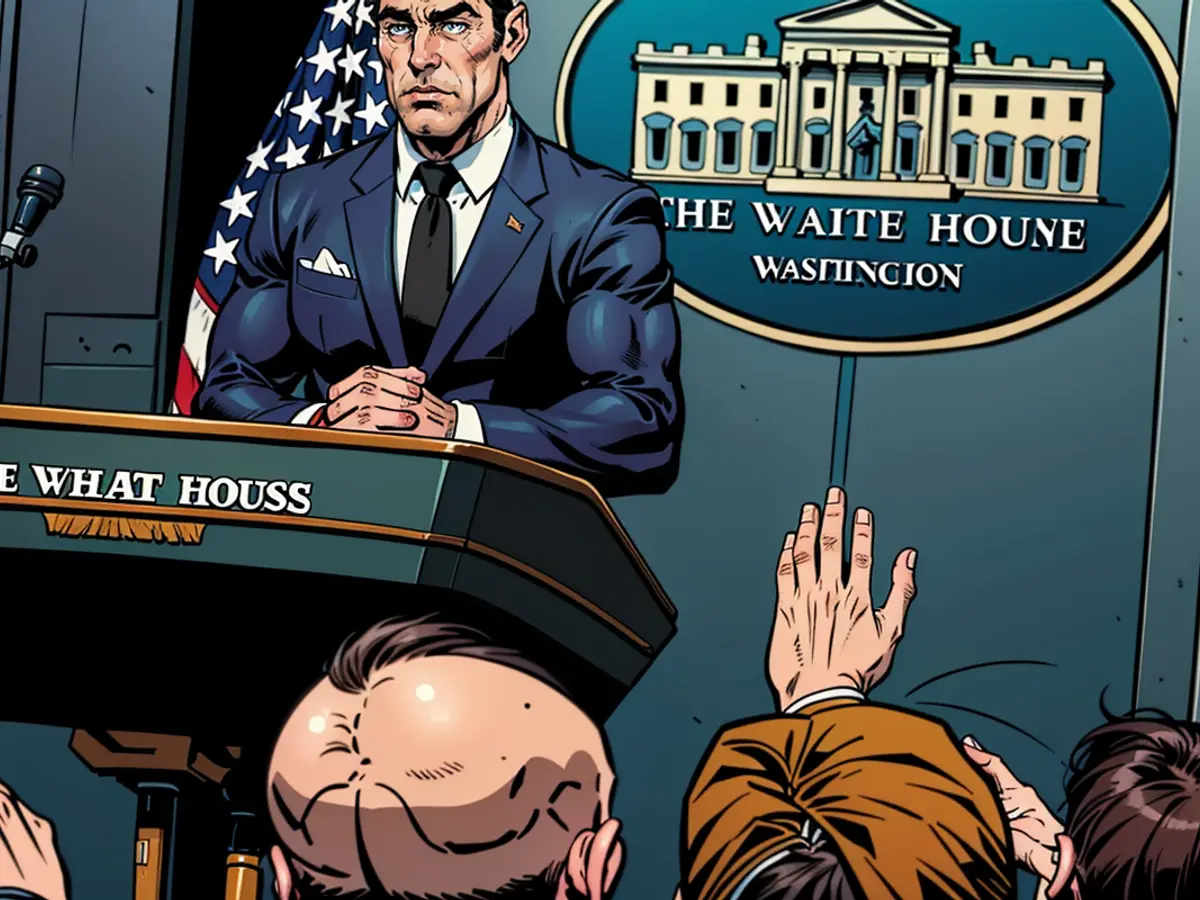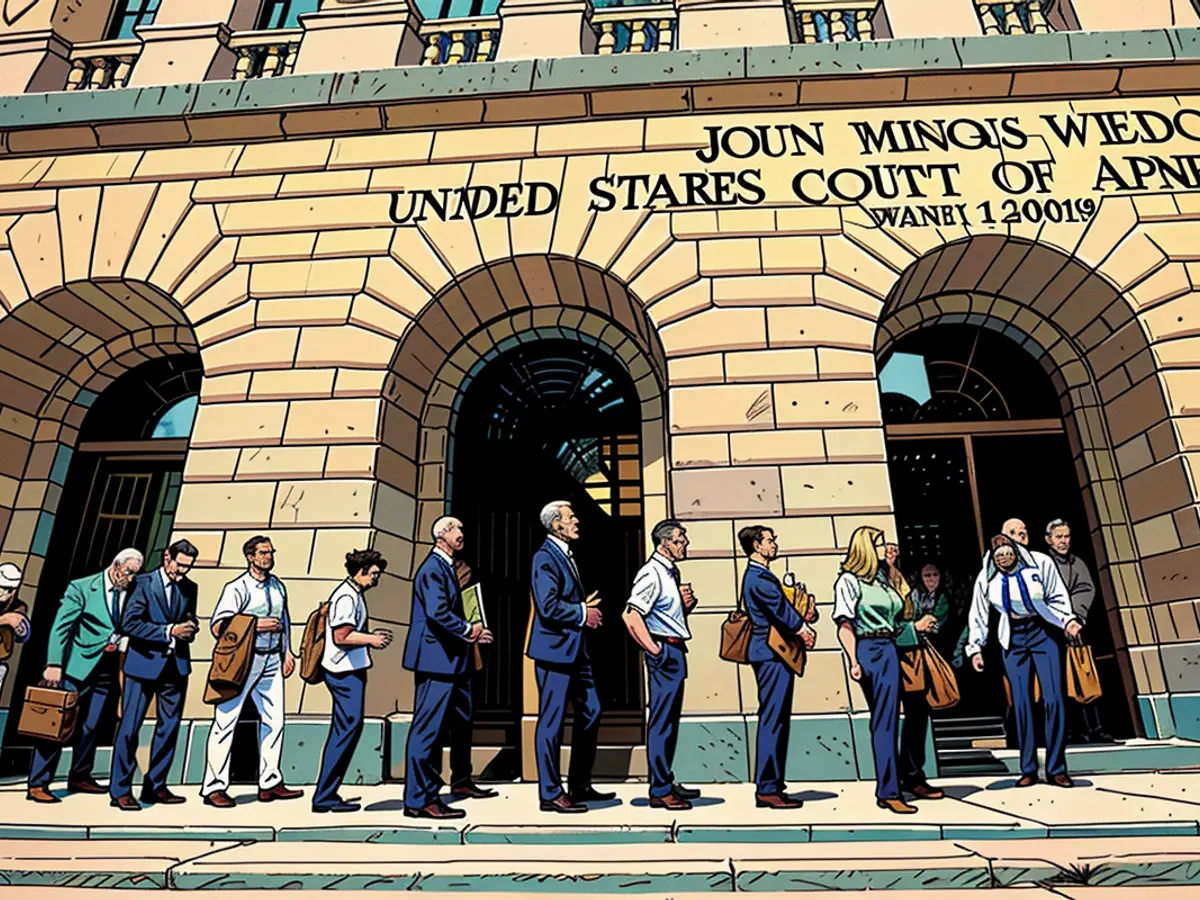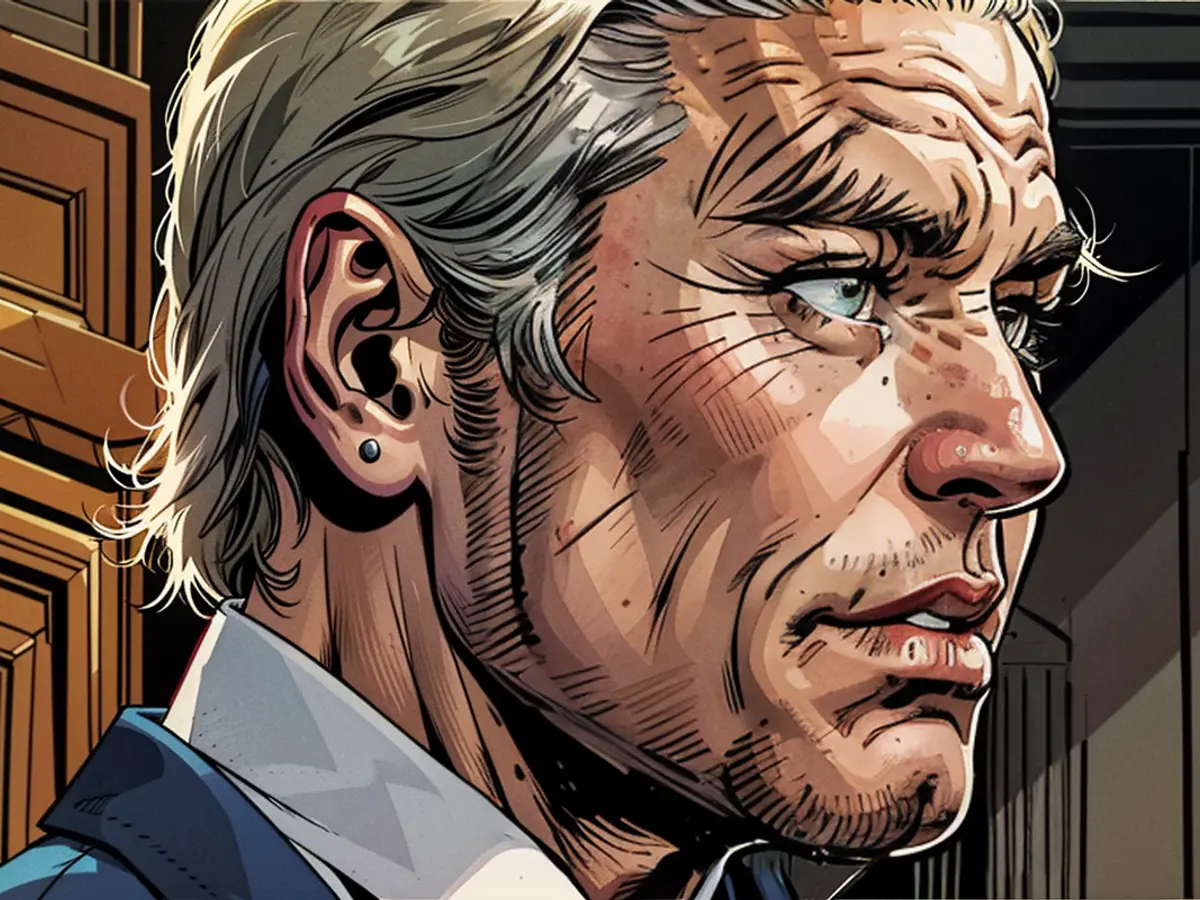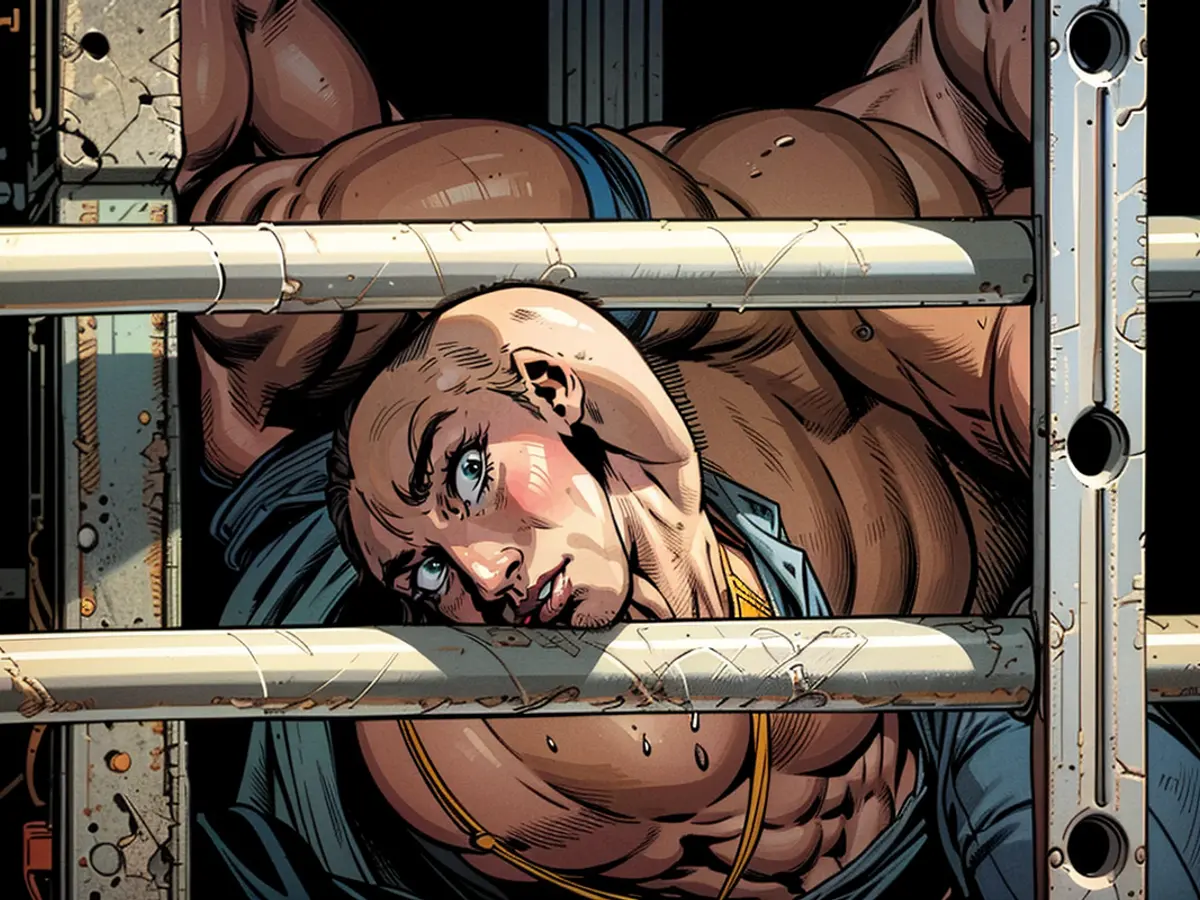"A Deal with the Devil"
A convicted murderer is released to allow Western citizens and Russian Kremlin critics to escape detention in Russia. It was clearly not an easy decision, but was it the right one? Opinions differ.
Russia, Belarus, and several Western countries, with the participation of the Turkish intelligence agency MIT, exchanged a total of 26 prisoners. In exchange for the release of political prisoners and Kremlin critics, Germany, the USA, and partner countries allowed a convicted murderer and individuals accused of espionage from Russia to go free. Was this the right decision? It's a matter of debate.
Many politicians both at home and abroad welcomed the prisoner swap. EU Commission President Ursula von der Leyen spoke of a "moment of great joy". She welcomed the release of "innocent citizens from the EU and the USA, as well as sincere Russian democrats who were being held in Russia", she wrote on the X platform. "The Kremlin exchanged them for convicted criminals and murderers. This shows the stark contrast." The release of people from Russian detention was a moment of great joy for all those who have fought for their freedom.
NATO Secretary General Jens Stoltenberg also expressed satisfaction. "This achievement was made possible by the close cooperation between NATO allies", he wrote on the X platform. "The right to peaceful opposition and freedom of the media are crucial for any functioning society."
Difficult Weighing of Options
Several German politicians also highlighted the difficult considerations involved in the deal. The exchange raises "relevant questions", wrote Green Party parliamentary group deputy Konstantin von Notz on the X platform. "Handing over the convicted Tiergarten murderer to his masters in Russia is undoubtedly a painful price to pay." Nevertheless, he said, "my joy at those who are now free with us outweighs everything else."
Johann Wadephul, deputy chairman of the Union parliamentary group, wrote: "The federal government faced difficult considerations in the prisoner exchange." It evidently considered the overriding importance of relations with the USA as the guiding principle. "That is understandable and responsible."
SPD foreign policy expert Michael Roth also wrote on X that sometimes, "for reasons of humanity, one has to make a deal with the devil." The chairman of the Bundestag Foreign Affairs Committee expressed his great joy at the release of political prisoners.
The chair of the Human Rights Committee, Renata Alt of the FDP, also expressed satisfaction. "Brave opposition members and freedom fighters are coming to Germany. Spies and murderers are flying to Russia. The difference in our values could not be clearer."
"A Step Towards Expanding Impunity"
At the same time, critical voices were also heard. CDU security expert Roderich Kiesewetter told the Tagesspiegel: "I fear that the release of the convicted Tiergarten murderer sets a precedent that Russia can exploit politically." Russia is "a terrorist state that is now actively trying to establish hostage diplomacy". This must be taken into account in all possibilities of freeing political prisoners.
Relatives reacted disappointedly after the release of the so-called Tiergarten murderer. "Not even five years after the murder," the relatives of the murder victim living in Germany stated through their lawyer Inga Schulz, "the murderer commissioned by Kremlin chief Vladimir Putin is free again." The release of the Russian national Vadim Krasikov, sentenced to life imprisonment in Germany, was "a devastating message for us relatives," they said. "On the one hand, we are glad that someone's life was saved. On the other hand, we are very disappointed that there seems to be no law in the world, even in countries where the law is supposed to be the highest authority."
Amnesty International welcomed the prisoner exchange with Russia but warned about the consequences of such deals. Putin appears to be instrumentalizing law and justice to push through his interests with political prisoners as leverage, said Christian Mihr, deputy secretary-general of Amnesty International Germany. "Therefore, the exchange leaves a bitter taste. A murderer and other criminals convicted in a fair trial are now released in exchange for people who have merely exercised their right to freedom of expression," Mihr said. The prisoner exchange is thus also "a step towards expanding impunity." "The Russian government could feel encouraged to make further political arrests and human rights violations without fearing consequences," it was stated further.
Threat from Russia
Even in Russia, not everyone seems pleased with the deal - for different reasons. Former Russian President Dmitri Medvedew expressed his displeasure: "I would wish that these traitors of Russia rot in prison or die in a cell," he wrote on Telegram about the release of Kremlin critics. "But it is more sensible to bring back our own people who have worked for the country, for the fatherland, for us all."
Today's vice-chairman of the Russian National Security Council advised the "traitors" to "change their names and actively hide within the witness protection program." This suggests that Moscow could pursue the released Kremlin critics abroad.
The European Union, led by EU Commission President Ursula von der Leyen, expressed support for the prisoner swap, celebrating the release of innocent citizens from EU and US jurisdictions and Russian democrats who were being held in Russia. The Swedish Foreign Minister Ann Linde also mentioned the EU's stance, stating, "Sweden strongly supports the European Union's position on this issue."








